Vietnam: What are the same paragraphs on retelling the story "The Legend of the Foeniculum Vulgare"? What are the objectives of the assessment of 5th-grade students?
What are the same paragraphs on retelling the story "The Legend of the Foeniculum Vulgare" in Vietnam?
The story "The Legend of the Foeniculum Vulgare" is a Vietnamese folktale that explains the origin of the name of the foeniculum vulgare and conveys a lesson about filial piety.
Below are the 02 same paragraphs on retelling the story "The Legend of the Foeniculum Vulgare" for the 2024 - 2025 school year:
| Sample No. 1 In ancient times, when the trees on Earth had no names, the God of Heaven decided to call all the plants to assign a name to each one. Big and small plants eagerly arrived early to receive their names from the God of Heaven. The God of Heaven named each tree in turn. Tall trees like the coconut tree, areca tree, jackfruit tree, or small trees like the guava tree, orange tree were all named. As the ceremony was about to end, from afar, a tiny plant with tiny leaves and a slender body hurriedly came forward to ask for a name. The God of Heaven looked at the small plant, surprised, and asked: - Why are you late? The small plant respectfully replied: - Dear God of Heaven, I had to take care of my sick grandmother and couldn't arrive early. Hearing this, the God of Heaven smiled and praised: - You are truly filial. What use are you to humans? The small plant answered: - Sir, although I am small, when people make fish sour soup or fried fish, without me, the dish won't taste good. The God of Heaven was pondering a name for the small plant and suddenly said hesitantly: - Your name... then... is... then... is... Hearing this, the small plant joyfully exclaimed: - Oh, I have been named the foeniculum vulgare! Thank you, God of Heaven! From then on, the small plant was called the foeniculum vulgare, a slender plant but very useful in everyone's meals. This story also reminds us that, no matter how small, as long as we are filial and do good deeds, we will always be loved and cherished. Sample No. 2 Hello friends, I'm the little foeniculum vulgare here! Are you curious as to why I'm named "dill"? Let me tell you! In ancient times, the God of Heaven organized a big ceremony to name all the plants. From early morning, big trees like the coconut tree, jackfruit tree gathered in full, and I arrived late. You're probably wondering why, right? It was because at that time my grandmother was sick, and I had to care for her before setting out. When I arrived, all the plants had already been named. I timidly approached and pleaded with the God of Heaven: Sir, I've arrived late, please don't forget me! The God of Heaven looked at me and asked: What use are you, being so small? I immediately replied: Sir, although I am small, I make fish sour soup or fish cakes more flavorful! The God of Heaven smiled warmly and hesitated, saying: Then your name... is... then... is... Upon hearing this, I was delighted, thinking that my name was "dill"! From then on, I proudly bear this name, contributing to making everyone's meals more complete. Despite being small, am I not loved? Sample No. 3 In ancient times, plants on Earth had no names. The God of Heaven decided to summon all plants to assign names to each one. Big and small plants eagerly arrived early to receive their names. The God of Heaven named each tree: coconut tree, areca tree, jackfruit tree... When all the trees had names, suddenly a tiny, slender plant with tiny leaves came to ask for a name. The God of Heaven asked what use the small plant was, and it replied that when making fish sour soup or fish cakes, without it, the dish would lose its flavor. The God of Heaven was thinking of a name to give and said: "Your name then... is... then... is...". The small plant thought it was named "dill" and joyfully ran back to boast to its friends. Since then, the plant has been called the foeniculum vulgare. |
|---|
Note: This content is for reference purposes only!
What are the objectives of the assessment of 5th-grade students in Vietnam?
Under Article 3 of the Regulations on Assessment of Primary School Students issued together with Circular 27/2020/TT-BGDDT, the assessment aims to provide information accurately, promptly, identify studying and training results depending on requirements on formal primary education program and progression of students to guide academic activities, adjust teaching activities to improve education quality, to be specific:
- Assist teachers in adjusting and renovating organization format and education methods in teaching and academic processes; promptly acknowledge efforts and progress of students to motivate, encourage and detect insurmountable obstacles of students to guide, support in order to improve studying and training effectiveness of students; in part to implement objectives of primary education level.
- Help students develop ability to self-reflect, reflect, self-study, adjust studying methods, communicate, cooperate, interest in learning and training for improvement.
- Assist student’s parents or guardians (hereinafter referred to as “student’s parents”) in assessing studying, training progress and results, processes of forming and developing traits, capacities of students; actively cooperating with schools in educating students.
- Assist education management officials of all levels to promptly direct education activities, renovate teaching methods and assessment methods to achieve education effectiveness.
- Assist social organization in acknowledging accurate and objective information, develop social sources for investment in development of education.
What are the methods of the assessment of 5th-grade students in Vietnam?
According to Article 5 of the Regulations on Assessment of Primary School Students issued together with Circular 27/2020/TT-BGDDT teachers can assess 5th-grade students using the following methods:
- Assessment by observation: Teachers monitor and listen to students when teaching in classes, employ observation cards, examination boards and records of student's behaviors as proof for assessment of studying and training processes of students.
- Assessment by academic records, products and activities of students: Teachers provide feedback and assessment regarding products and activity results of students thereby assessing students based on relevant assessment criteria.
- Assessment by communication: Teachers discuss with students in form of questions and answers to collect information and promptly provide comment, remedial measures.
- Assessment by writing: Teachers employ tests consisting of questions and exercises designed according to levels and requirements to be achieved of the program in form of multiple-choice questions and writing tests to assess level of completion for academic assessment criteria.

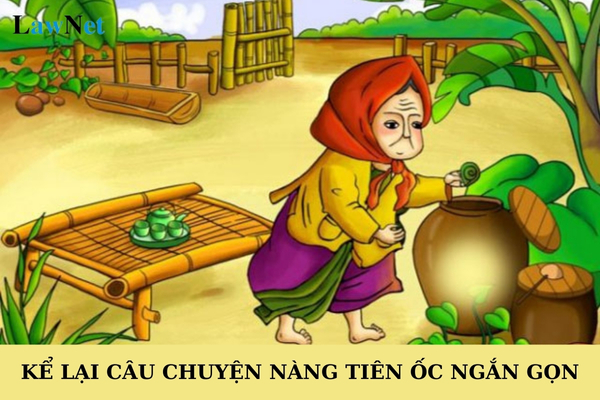
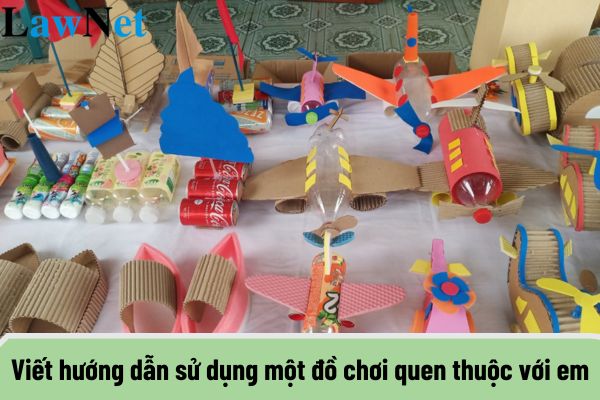
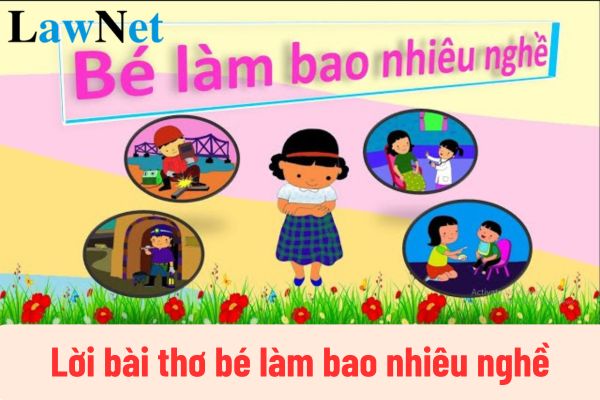

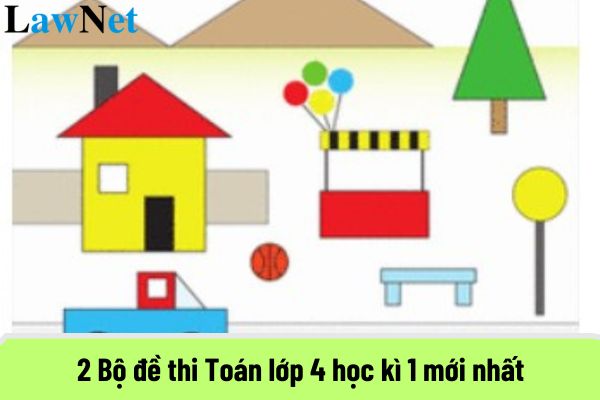
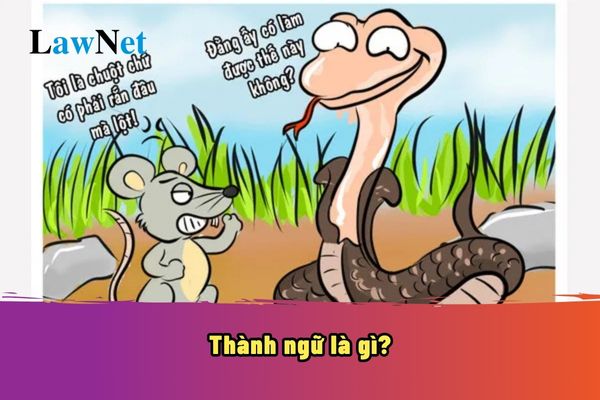
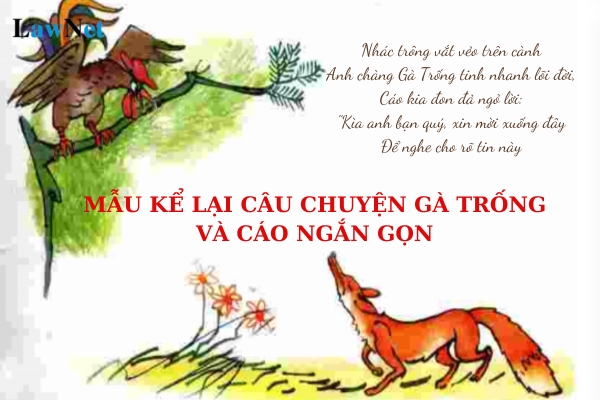
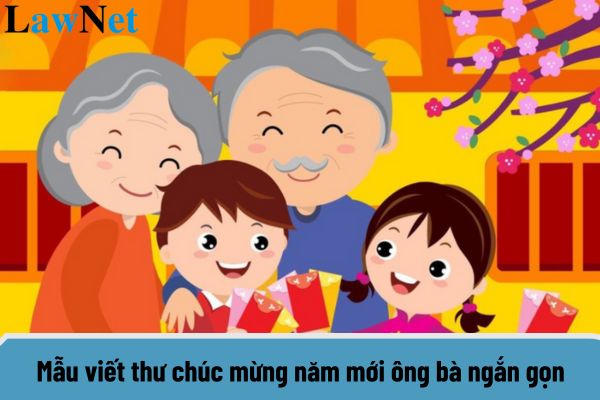
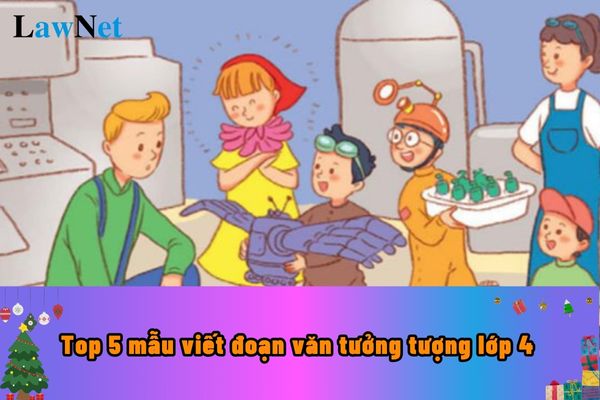
- What is the law on light reflection? What are details of the law on light reflection?
- What is the schedule of the AFF Cup 2024 (ASEAN Cup)? What are activities for physical education and sports in vocational education institutions in Vietnam?
- What is the schedule for the AFF Cup 2024 matches of the Vietnam National Team? Are students who are athletes in Vietnam eligible for a special exemption from high school graduation requirements?
- Vietnam: What are the guidelines for analysis of the poem "Tiến sĩ giấy"? What is the regulatory age of students entering lower secondary education?
- What is the location of Vietnam International Defense Exhibition 2024? Are students of all educational levels granted leave to visit the Vietnam International Defense Exhibition?
- What is the formula for calculating population density in Vietnam? What is the population density?
- Vietnam: What is the sample parent-teacher conference scenario at the end of the first semester of primary education? What are the regulations on the organization of parent committees?
- Vietnam: What is the sample outline for an essay on the analysis of the excerpt "The Last Leaf"? What are the assessment levels for learning results in the school year of 8th-grade students?
- What is the unit of power? When do students in Vietnam study the unit of power?
- What is the guidance for children to tell the story "Chuyện bốn mùa"? What is the age of students entering 2nd grade in Vietnam?

